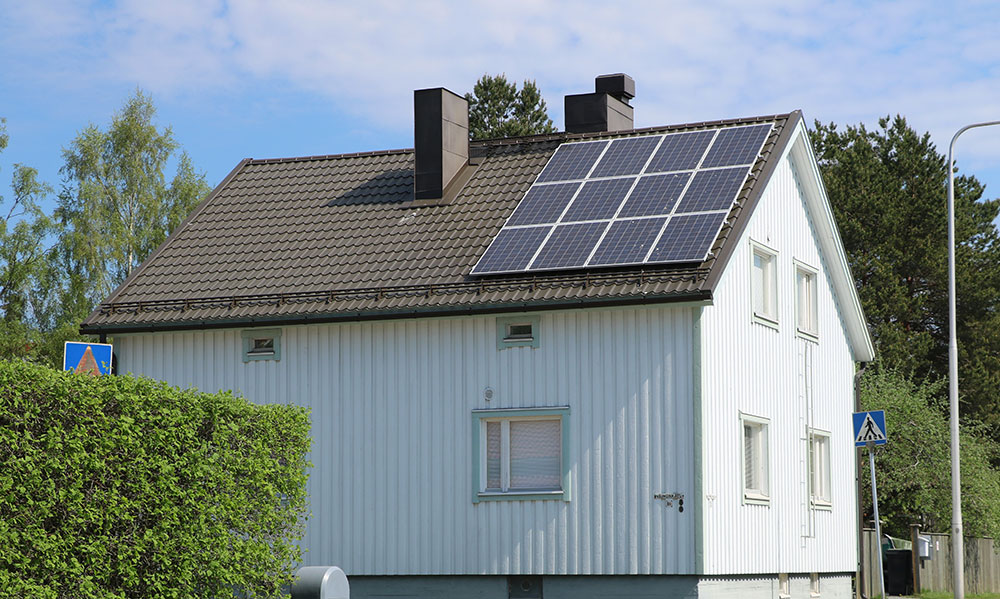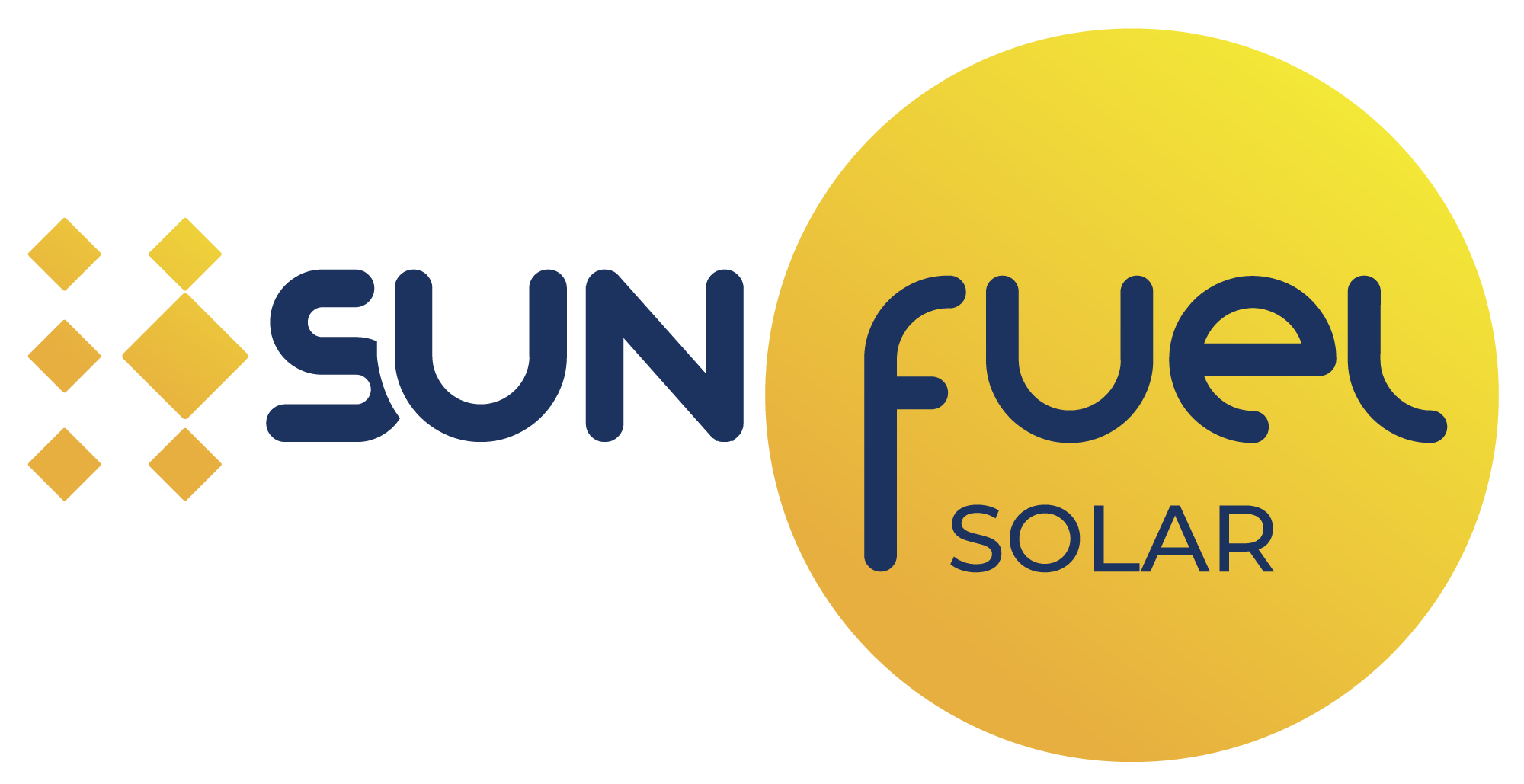STOP WASTING YOUR MONEY
Solar system whether works for you or not depends on various factors
1.Your current electricity bill
2.Your roof’s sun exposure
3.Roof orientation
System Size
Residential solar energy systems,as the name suggests are a combination of panels, cables, batteries and inverters that work together to generate electrical power for the house that it is installed on.
The typical size of the system will be determined by a number of factors such as the size of the house, its energy and power requirements and the investment capital available.
For a standard residence in Australia, the system size of 10 KW should be good enough to power a 5 to 6 room house. A detailed site study coupled with analysis of future energy demands can help arrive at the best solution for a residential solar installation.

System Type
All the solar panels for your home will always generate electricity in the DC or direct current format. While this is easy to store in batteries and power cells, it is not useful to power the various appliances in our homes. It uses AC or alternating current format. So we need a device in between which is called an inverter. The inverter converts the direct current into alternating current of the desired frequency.
The Systems can also be categorized into offline or online (off grid or connected) systems.
An offline system will not be able to feed back into the regional grid. Any excess power that it generated will have to go waste as there are limits to storage capacity and the usage of electricity in any residential system.
An online or grid connected system, on the other hand is able to feed back the additional units into the system, thus showing a net saving of power usage. Whenever there is extra power, it is metered accurately and fed back to the grid. This results in easing out the overall load on the grid as well as saving of power.
Needless to say, the online system is more expensive and needs marginally more maintenance for its day to day operations.
Finance Options
The solar panels for your home may come at an initial investment that might seem big and it may not be possible for everyone to do it at one time. For all these cases, finance options are available.
Residential solar financing can be done through the approved utility company or through other private finance providers for these schemes. The right scheme for your solution can be worked out after understanding your requirement and determining the overall cost of your installed system capacity.
Rebates and Incentives
Rebates and incentives are available from the government subsidies and they start from the purchase of the equipment to the installation to the daily operating cost reduction which can be seen in the form of carbon tax or environment tax exemption in the monthly bills.
Advantages
Benefits of Residential Solar Energy Systems
1
Renewable energy source in the form of the Sun
2
Savings in monthly energy bills and a large part of the power needed is generated by the system itself
3
Cost of maintenance is limited to regular cleaning of the panels to keep them working at the optimum efficiency.
4
Residential solar panel systems are an ideal source of power for remote locations where the national or regional grid may not be able to supply the power.
5
Average cost of solar panels for the home is effectively recovered as the system operates and starts to generate energy on a daily basis.
